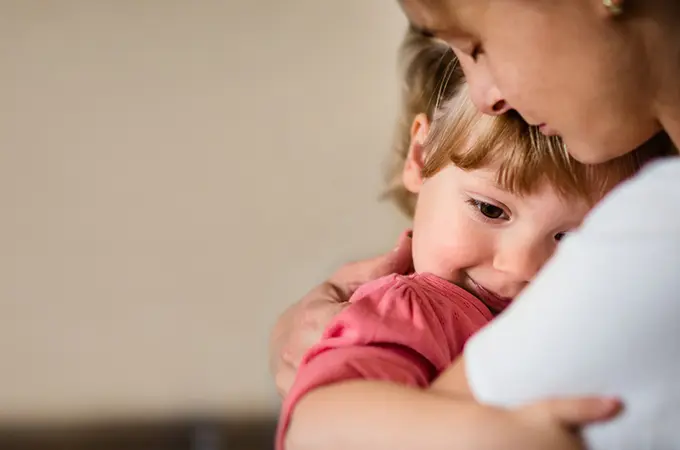Whether you love them or hate them, when celebrities like Kim Kardashian share their experiences with infertility, it decreases the social stigma and increases the conversation about fertility treatment. Stephen J. Greenhouse, M.D., of Shady Grove Fertility’s Fair Oaks, VA, office joins FOX 5 to discuss why some couples struggle to conceive.
The Struggle to Conceive: Age-Related Infertility
While women in their 30s and 40s may feel in the prime of their lives, biologically speaking, they have already passed their peak fertility years. For a woman, age is the number one predictor of her ability to conceive. “At the age of 35, the chances of getting pregnant per month is about 15 percent,” explains Dr. Greenhouse. As you age, the natural rate of conception, without any other fertility issues, continues to decline.
The Struggle to Conceive: Secondary Infertility

For couples who have already had a child, it may be hard to understand why baby number two or three is taking longer to conceive. This is known as secondary infertility, which may be caused by any number of underlying issues. For some, the years that have passed since their first child may have led to age-related infertility. For others, there could have always been some degree of infertility that has worsened with time, or there may have been complications with the earlier pregnancy that could be delaying conception.
Be Proactive: Egg Freezing

Women who are in their 30s have a unique opportunity that previous generations did not—egg freezing. Egg freezing allows women who don’t anticipate starting a family in the next several years to freeze their eggs and, in a sense, “lock in” their current fertility potential. “A woman in her late 20s, early 30s, or mid 30s—who isn’t trying to get pregnant at this time—may want to come in and have a discussion with a fertility specialist to discuss her options,” says Dr. Greenhouse. Taking a proactive approach to family building now may save someone the experience of not being able to conceive later.
When Should I Seek Help?
We all know the couples that say, “I’m trying but not really trying,” and for some, that stage may last for years. The reality is, if you are having unprotected intercourse and have not conceived, you may be experiencing infertility. For women under the age of 35, we recommend you see a fertility specialist after 1 year of unprotected intercourse. For women 35 to 39, we recommend you see a fertility specialist after 6 months, and for women 40 and over, if you have been trying to conceive for just 2 to 3 months, we recommend you see a fertility specialist promptly.
Take the First Step – And That Doesn’t Always Mean Treatment
If you are struggling to conceive, don’t hesitate to start the conversation. Whether you start to ask questions of your OB/GYN or you call upon the advice of a fertility specialist, like those at Shady Grove Fertility, getting your questions and concerns addressed is the first step. If you fall into the time frames for infertility indicated above, we recommend you schedule a consultation and fertility work-up with a fertility specialist. Finding out the cause of your infertility is the first step to overcoming it.
If you are struggling to conceive and would like to schedule an appointment, please speak with one of our New Patient Liaisons at 877-971-7755.





